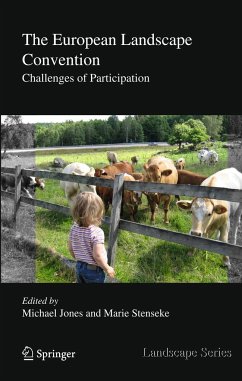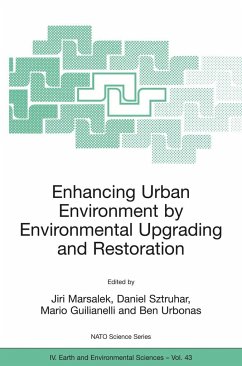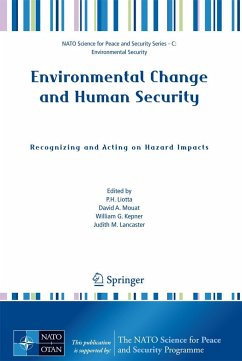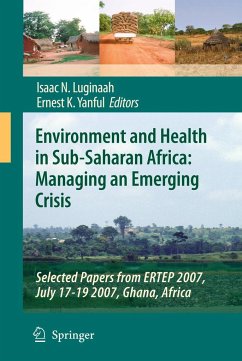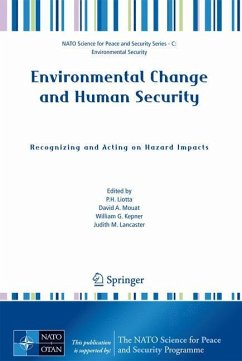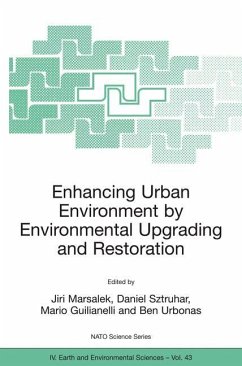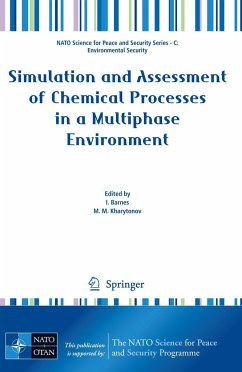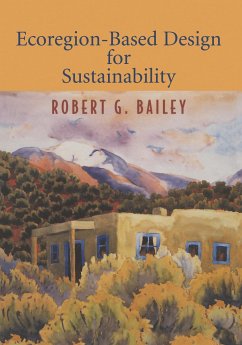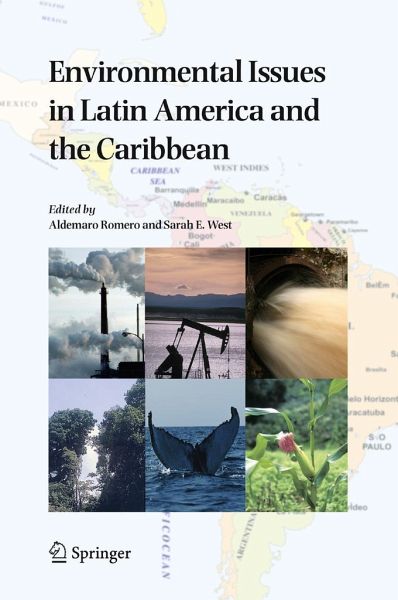
Environmental Issues in Latin America and the Caribbean

PAYBACK Punkte
38 °P sammeln!
We began this book with a simple goal- to assemble a collection of readings for an undergraduate interdisciplinary course taught by one of us (AR) at Macalester College. This course explored environmental problems and solutions in Latin America and the Caribbean using both natural science and social science methods. After a literature search failed to produce an anthology of interdisciplinary readings appropriate for the course, we set out to compile one. We sought papers that dealt with the most salient environmental problems in the region, that were written by experts, and that were appropri...
We began this book with a simple goal- to assemble a collection of readings for an undergraduate interdisciplinary course taught by one of us (AR) at Macalester College. This course explored environmental problems and solutions in Latin America and the Caribbean using both natural science and social science methods. After a literature search failed to produce an anthology of interdisciplinary readings appropriate for the course, we set out to compile one. We sought papers that dealt with the most salient environmental problems in the region, that were written by experts, and that were appropriate for undergraduate students. Most importantly, we sought papers that clearly demonstrate the contributions that experts from one discipline can make to analysis in another discipline. We sought papers that, for example, show how biological species assessments can be used to inform the politics of biodiversity conservation. We sought papers that show how economic analysis can be used to predict the likely effects of human behavior on ecosystems. We sought papers that pay close attention to how institutions, both national and international, affect the outcome of environmental initiatives. To find essays that fit our needs, we sent out a world-wide call for papers, chose the most promising submissions, and subjected these submissions to peer review. The twelve approved essays represent the work of researchers from Latin America and the Caribbean, the United States, Canada, Europe, and Australia. All the authors have direct experience with Latin America and the Caribbean and the region's problems.





